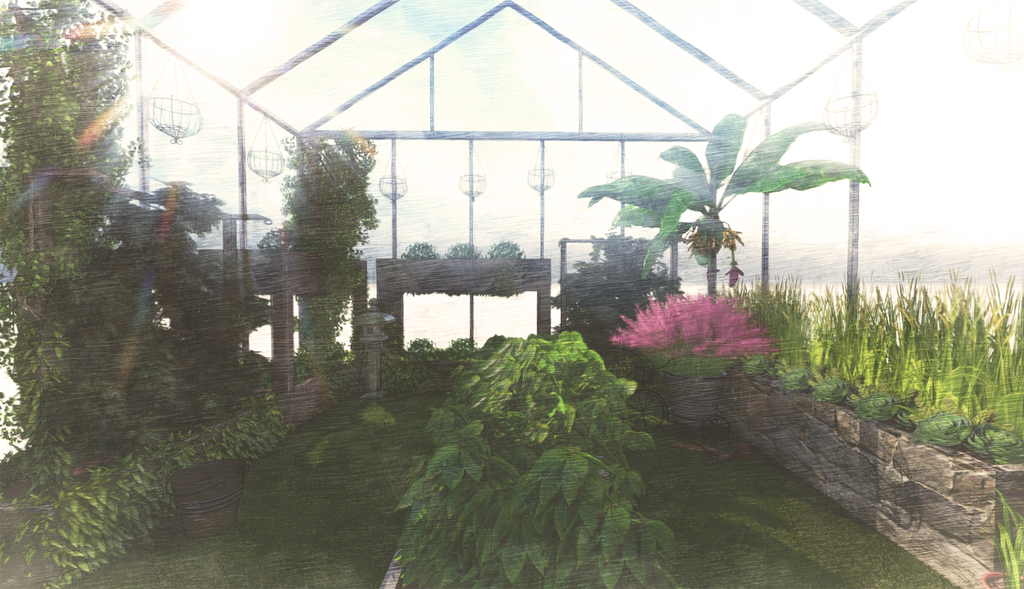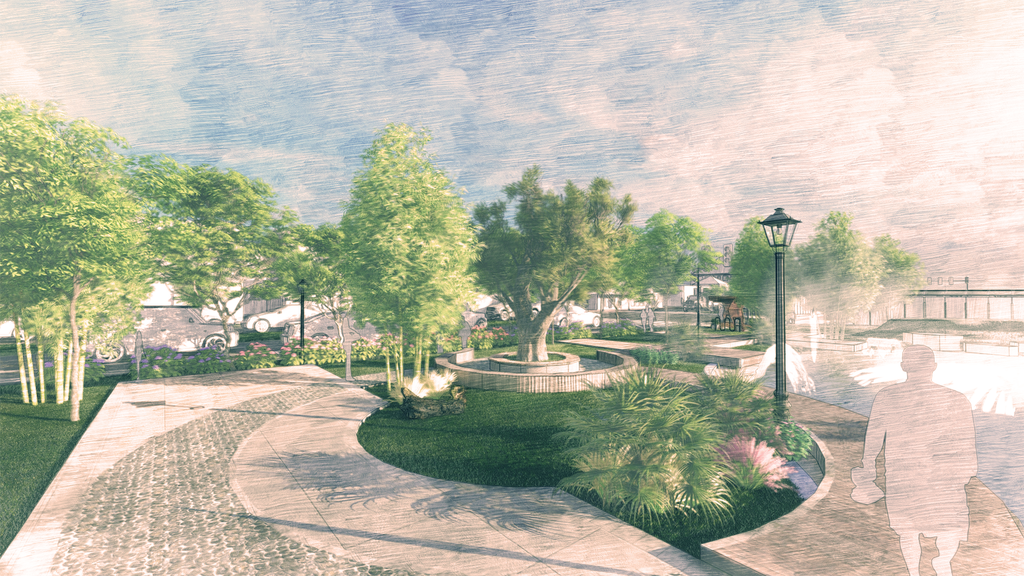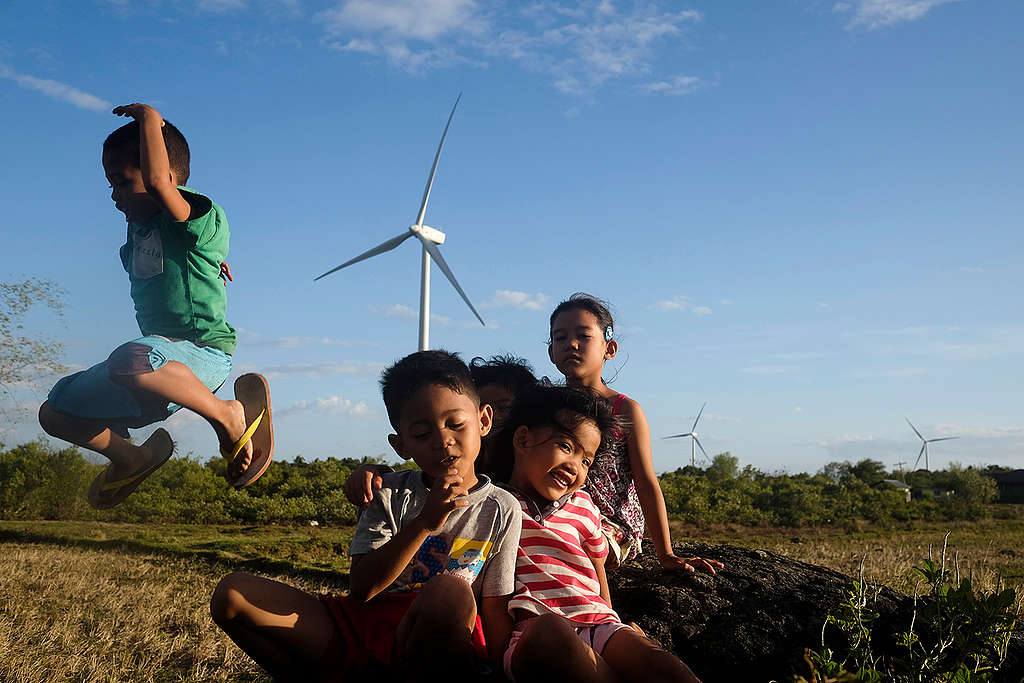I can’t help but think: if we’re given a chance to recreate our cities, what would they be like?
Cities are a vital part of a country’s development. The pressures of the growing urban population will result to increased emissions, worse congestion, unsafe environment, and other undesirable impacts.
Yet though we often notice problems in our city, we find it hard to determine what needs to be adjusted.
Cities should have a people-first approach which ensures comfortable, safe, dignified, and sustainable environment. Innovative solutions will only be effective when they cater to the needs of the public and when they raise the quality of the everyday life of its citizens.
Have you pictured living in a sustainable city? What does it look like, and how can we co-create our existing ones?
Cities need to develop, and in order to be a sustainable one, it should:
Shift to renewable energy from a fossil-based system
The Philippines is far behind other countries on switching to renewable energy. The energy sector alone contributes to 54% of the greenhouse das emissions in the country. Shifting to renewable energy can lessen the greenhouse gas emissions from fossil fuels and could also reduce our dependence on imported fuels.
Promote urban gardening and 0km food

Shortening the distance between food production and the consumer can improve the environment. The shorter the distance, the more you can save energy, reduce emissions and resources from transportation, which also brings advantages for the environment and human health.
When we can’t go out or when we have limited resources to buy food, urban gardens can provide fresh food right from our own homes. It can be rewarding, while promoting sustainable development.
Have proper flood management and zero waste systems
Calamities such as floods happen every year, and improper disposal of waste worsens it. Apart from improving the city’s drainage system and other technical measures, zero waste initiatives shall be observed. Promoting zero waste lifestyles and systems contribute to lessening waste impacts.
Governing this system starts from every household and barangay, then the city through the implemention of waste segregation, investing in necessary facilities and other resources towards zero waste systems, and creating laws that can help improve it, such as plastic-free ordinances.
Transition from car-centric urban strategies to sustainable mobility system
Cities are confronted with the challenges of urban mobility. There’s traffic congestion, emissions produced by vehicles and it also causes safety issues.
Balanced transportation is a fundamental eco-design imperative, essential in dealing with environmental, livability, and even financial problems of cities. An ecologically designed city offers all the transportation modes and shall give priority to the most active modes. The prioritization order should start from walking, cycling, mass transit, goods transport, and then private cars.
Instead of focusing on implementing car-centric strategies, our cities’ approach should create roads and green approaches that give importance to pedestrians and cyclists, also improving mass transit.
Create green spaces

The area dedicated in Metro Manila for public spaces is only 0.03%, which is relatively low compared to other cities like Singapore-47% and Hongkong-40%.
Green spaces are essential; they improve environmental conditions in cities. Some of its benefits are: (1) reduction of urban heat island effect and city smog, (2) delay rainwater discharge, (3) lessen CO2 emission, (4) mitigate noise in urban areas, (5) controls erosion, (6) attract tourists and increase the city’s attractiveness, (7) improves well-being and health of citizens, (8) conserving historic environment and (9) economic renewal.
Jolina Loneza is a volunteer with Greenpeace Philippines.

Renewable energy is the key to our country’s energy independence. But coal companies and politicians are holding us back.
